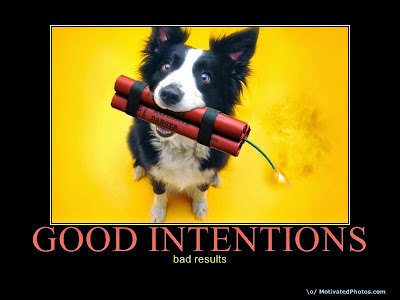Esta semana Roger Martin publicou "The Strategic Leverage of Where-to-Play", um texto vintage sobre estratégia.
"The other commonly held view on WTP [Moi ici: WTP significa "onde jogar", significa escolher o foco do mercado onde se actua] — that it is preordained and immutable — is mainly implicit. I don’t see executives talking explicitly about this view, but it is clear in their actions.
...
The overpowering view, whether explicitly stated or implicitly acted upon, is that our WTP is what it means to be in this industry. Anything else is unbecoming, illicit, infeasible or some such prohibition/inhibition.
...
Arguably 95% of the 100 most valuable companies in the world have a unique WTP choice — which I would argue is critical to them being on the list. [Moi ici: O trecho que se segue é delicioso. Como não recordar tantos postais aqui no blogue sobre a concorrência imperfeita, sobre as ideias de Chamberlin e dos encalhados] Economists don't like that — at all. Economists love overlapping WTP, as illustrated in the left diagram above. It gets them closer to their holy grail, 'perfect competition,' in which customers see the competitors as largely interchangeable and, because of that, can force the competitors to compete down prices to a level that results in barely sustainable profitability. Economics love, love, love that — but it sure isn't a recipe for getting into the Top 100 market value companies. [Moi ici: O objectivo da escolha da WTP é ser diferente – é destacar-se. Mesmo uma pequena diferença é boa. Quanto mais exclusivo for o WTP, melhor. A diferença entre quem vende outcomes e quem vende outputs]
...
The WTP imperative is to spread — the illustration above on the right. Any amount of spread is good. Get as far from overlap as you can with your WTP [Moi ici: Recordo tantos e tantos gestores, alguns com quem tive muito gosto em trabalhar, com muito pensamento estratégico, mas incapazes de querer ter de tudo na prateleira]
...
The gift you receive when you achieve uniqueness in your WTP is that it opens up different kinds of HTWs [Moi ici: HTW, "Como ganhar", qual a vantagem competitiva] than the industry standard.
...
Always think of WTP as malleable and nuanced. Small shifts in WTP can open up big HTW possibilities. If you are struggling with HTW — as companies regularly do - don't pull your hair out trying to find a HTW in your current WTP. There may well not be one. Instead, start playing with your WTP — and I mean playing.
...
It is scary because it is choiceful. It is making a real strategic choice - because the opposite isn't stupid; the opposite is the WTP that others have chosen. That is why most executives are nervous about doing it — and the vast majority just plain don't. That is why there is so much overlap out there in the WTPs of modestly performing companies.
But it is important to keep in mind that if you can't find a HTW in your current WTP, you are going to expire. Maybe it won't be today or tomorrow or this year — but eventually.
So, start playing with your WTP. Come up with three to five different WTP modifications for which you can find a HTW pairing. Then think them through and choose the one for which the most compelling case can be made!" [Moi ici: Escolher uma alternativa e experimentar a sua execução. A experimentação, quase sempre abre portas a oportunidades escondidas... recordar a effectuation e o meu querido fuçar]
Trechos retirados de "The Strategic Leverage of Where-to-Play"








%2006.21.jpeg)












